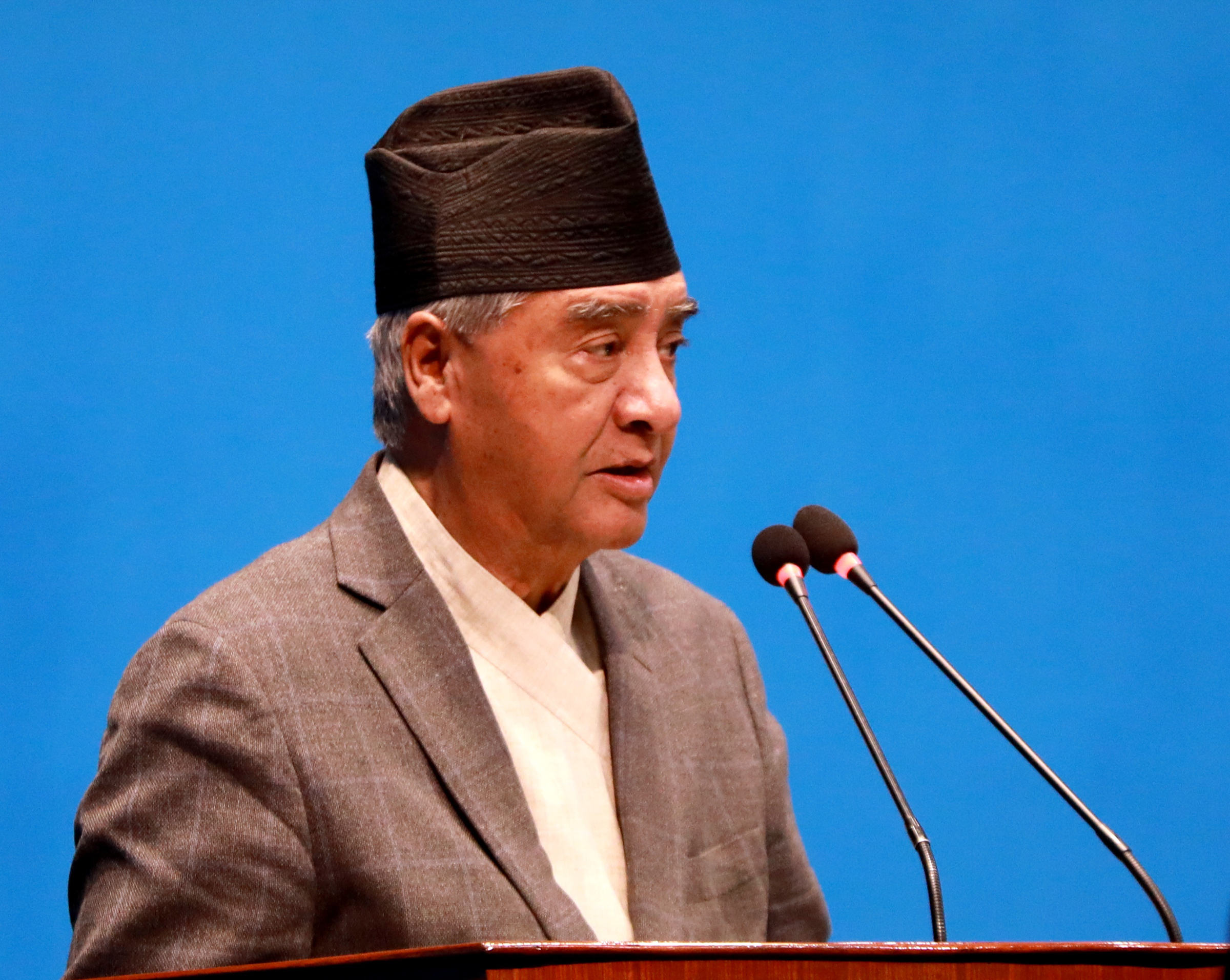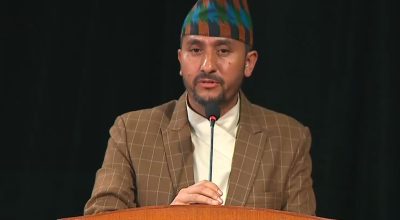
Kathmandu, Aug 15: President of Nepali Congress, Sher Bahadur Deuba, has said the agreement to conclude the issues concerning transitional justice, an indispensable part of the peace process, is of significant importance.
Taking part in the deliberations on the Bill prepared for amending the Investigation on the Enforced Disappeared Persons and the Truth and Reconciliation Commission Act (TRC Bill)-2079BS, the leader said it was a historic moment marked by all political parties and stakeholders concerned supporting the Bill univocally.
Deuba, the NC parliamentary party leader, said, “Overall, we have been able to conclude the remaining but significant chapters of the peace process reliably. At the moment, all political parties and stakeholders concerned are on the same ground to support the Bill. This is itself a historic moment,” he said, underlining the need for a required act and a competent commission to address the transitional justice issues efficiently.
He called on all bodies concerned to contribute to concluding the transitional justice issues, instead of doubting or blaming each other.
The former Prime Minister said the ‘national understanding’ on the matter gives a message that Nepali political parties can deal with complex issues of any nature on their own.
He expressed his hope that the policies and approaches that Nepal implemented to deal with the peace process could set examples globally. As he said, the Bill has incorporated the entire basic values of transitional justice.
It has guaranteed the finding of the truth, justice, and reparations to survivors and prevention of the recurrence of conflict, the former Prime Minister said, adding, “The Bill is in line with the norms of transitional justice, relevant existing laws, verdicts of the Supreme Court and the international standards.”
In the absence of adequate and proper reparations, the conflict survivors who have been on a long battle for justice suffered more. He expressed his hope that the entire community of survivors will feel that justice is delivered on the Bill is transformed into the Act.
















